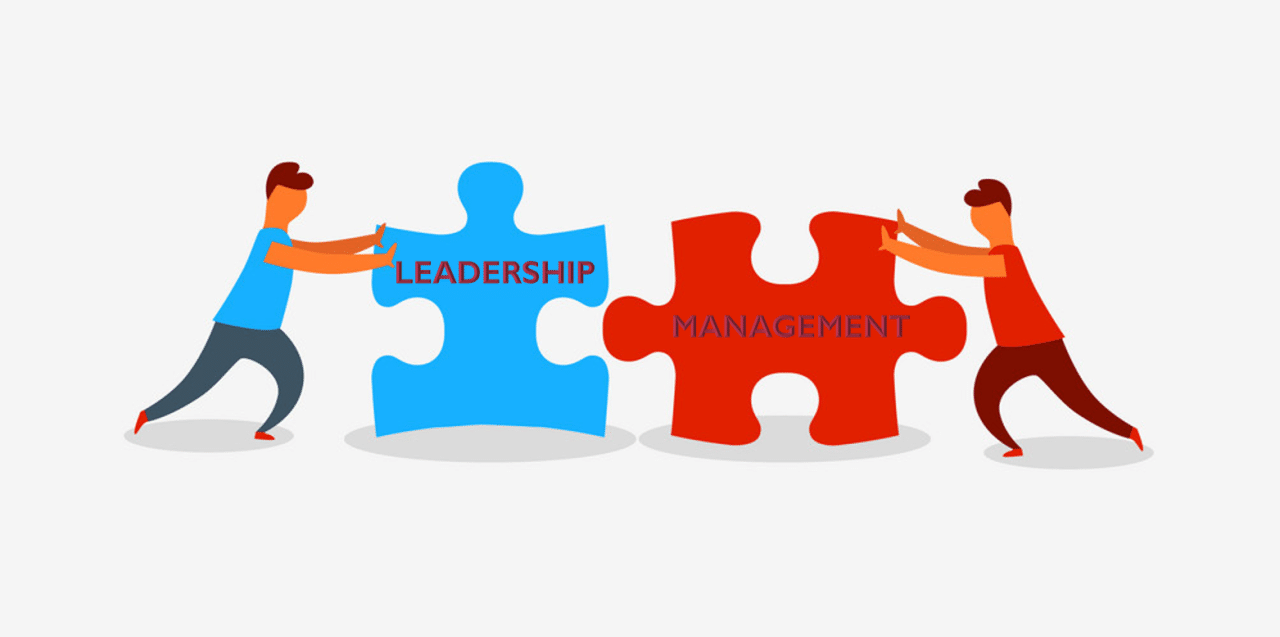In today’s dynamic and rapidly evolving global business landscape, the distinction between leadership and management skills has become increasingly significant. Current and future leaders across Europe, the US, and the APAC region are facing unique challenges in bridging this gap, and understanding the differences between these skills is crucial for organisational success.
Understanding the gap – leadership vs management
Management skills typically involve planning, organising, directing, and controlling resources to achieve specific goals. These skills are essential for maintaining operational efficiency and ensuring that day-to-day activities align with organisational objectives.
Leadership skills, on the other hand, focus on inspiring and motivating people, fostering a culture built on innovation, and driving long-term change that aligns with the broader business vision. Effective leaders help influence others through vision, inspiration, and personal charisma, creating a shared sense of purpose.
In the APAC region, there is often a tendency to prioritise management skills over leadership skills. This can cause an imbalance that hinders an organisation’s ability to adapt to change, innovate, and sustain long-term growth. Similarly, in Europe and the US, while there is generally a stronger emphasis on leadership development, organisations can still struggle with balancing these two sets of skills, especially in traditional industries. The need for effective leadership is universally critical for driving innovation and long-term success in the increasingly competitive global market.
Current and future gaps
Current leaders often exhibit strong management capabilities but may lack critical leadership skills like emotional intelligence, strategic thinking, or the ability to inspire and motivate teams. These knowledge or experience gaps can result in a focus on short-term results at the expense of long-term vision and innovation.
Future leaders face the challenge of navigating an increasingly complex and volatile business environment. They need to be agile, adaptable, and capable of leading diverse, cross-functional teams. The ability to foster a culture of continuous learning and innovation is crucial for future leadership.
Challenges in bridging the gap
Cultural factors can potentially impede the development of leadership skills due to hierarchical and collectivist tendencies. These cultures often place a strong emphasis on conformity and respect for authority, which can discourage the risk-taking and innovation needed for effective leadership.
Additionally, traditional training and development programs tend to focus more on technical and managerial skills rather than leadership development. This imbalance leaves a significant gap in the capabilities of leaders. As a result, both current and emerging leaders may resist adopting new leadership practices due to entrenched beliefs and practices, as well as a lack of awareness of the benefits of effective leadership.
How can we address the gap?
To address the gap in leadership development, organisations need to design integrated development programs that not only focus on management skills but also enhance leadership capabilities. These programs should incorporate experiential learning, along with mentoring and coaching, to nurture qualities such as emotional intelligence, strategic thinking, and the ability to inspire others.
It is also crucial for organisations to foster a cultural transformation that values and rewards leadership behaviours. This can be achieved by promoting a culture that prioritises openness, innovation, and continuous learning while encouraging leaders to accept vulnerability, engage in risk-taking, and see failures as learning opportunities.
Additionally, it is important for leaders to take personal ownership of their development by shifting from being passive recipients of training (taking a push approach) to actively seeking out growth opportunities (taking a pull approach). Organisations can support this by providing self-assessment tools, encouraging reflective practices, and creating avenues for leaders to test and refine new skills in practical settings.
Finally, establishing a robust feedback mechanism is essential for ongoing leadership enhancement. Tools such as regular 360-degree feedback sessions, performance reviews, and developmental discussions are instrumental in helping leaders identify their strengths and pinpoint areas where they can improve.
Shifting from push to pull
To help leaders transition from a push to a pull approach in owning their professional and personal development, it is essential to create a compelling vision that clearly articulates the benefits of leadership development and connects it to both personal and organisational success.
Empowering leaders with autonomy is also crucial. By giving them the freedom to choose their development paths and encouraging them to seek out learning opportunities that align with their personal and professional goals, organisations can foster a more engaged and proactive leadership culture.
Additionally, recognising and rewarding leadership behaviours that contribute to organisational success can serve as a powerful motivator, inspiring others to pursue similar development paths and reinforcing the value of continuous growth and improvement.
Addressing the gap between leadership and management skills is crucial for both current and future leaders. By understanding the distinct qualities of leadership and management, recognising the existing gaps, and implementing targeted solutions, organisations can foster a new generation of leaders capable of driving long-term success. Embracing a pull approach, where leaders take ownership of their development, will be key to achieving this transition.





